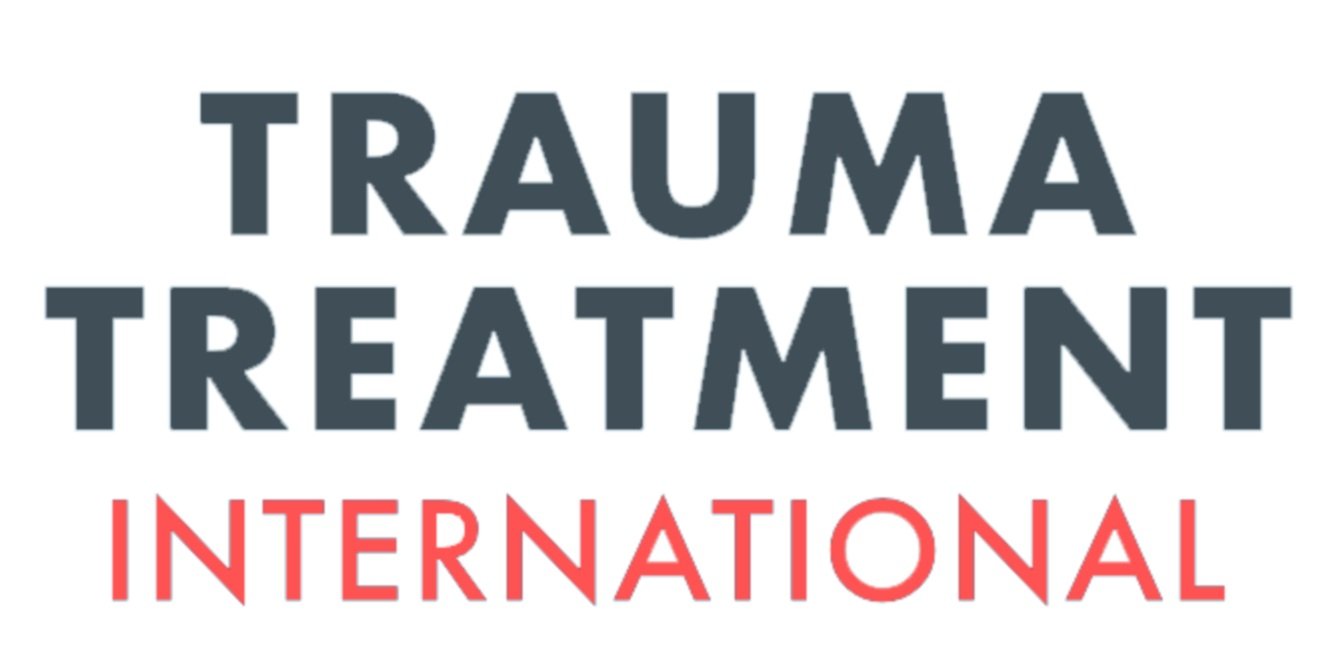moral injury
When supporting refugees and asylum seekers, legislation and externally-made decisions may conflict with our moral beliefs, potentially leading to moral injury.
Moral injury refers to the psychological impact that arises from actions or situations that go against our moral values or ethics.
It is a significant driver of burnout and compassion fatigue.
Here are some tips to manage the psychological impact of moral injury and seek support when needed.
top tips for staff
ACKNOWLEDGE
The cause of moral injury and why this may be especially difficult for you
That moral injury can happen as part of our work and notice when it does
Signs of moral injury include:
Feeling unsettled in the moment that an action we have undertaken, witnessed someone else undertake, or been asked to undertake goes against our ethics or moral code
Anger and irritability directed at oneself or others
Negative changes in beliefs about oneself, others and the world
Distress at not knowing how to navigate the discomfort
Feelings of guilt and/or shame
A sense of betrayal
Physical health problems
Sleep difficulties
ACT
Name that this has happened with colleagues or managers
Express your thoughts rather than absorbing your feelings
Include other people in problem solving
Identify what you can control and what you can’t
Use spaces provided to share difficult feelings that can arise from helplessness and uncertainty, and ensure you have peer support
Maintain boundaries between your work and personal life
Make sure you are looking after yourself
top tips for managers
ACKNOWLEDGE
What moral injury is and how it may show up in yourself and your team
Instances where moral injury is likely in your organisation
Past incidents, your degree of control, and available resources within the staff and organisation to address these issues
ACT
If you notice that you are experiencing moral injury, follow the top tips for staff. Remember that you are modelling what you would like them to be doing for themselves
Encourage staff to openly discuss their experiences of moral injury during supervision sessions or management meetings
Foster a culture of open dialogue where team members feel safe to voice their concerns
Facilitate reflective spaces specifically dedicated to discussing and addressing moral injury
Help staff to recognise individual, team and organisational strengths that can reduce the sense of helplessness and uncertainty
Collectively address issues contributing to moral injury and take action to reduce them wherever possible
Encourage staff to find time to switch off and maintain healthy boundaries between work and personal life
If you would like support or training in managing moral injury for your staff team or for TTI to provide direct input to assist, please email projects@tt-intl.org. Click here to download this information as a PDF.



